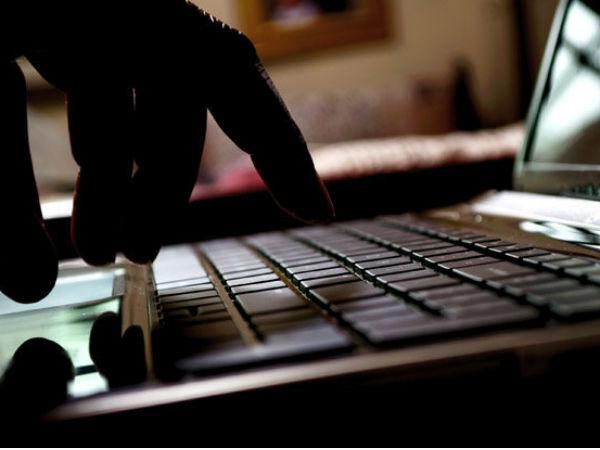
From Rumours to WhatsApp and Facebook: False News, Now Social Media and Riots
Go back to some of the history lessons from school, can you recollect the incident that triggered the First War of Indian Independence? It was the rumour that pig and cow fat was used to line the cartridges that sparked the event. This incident was way back in 1857. Come to the history of independent India, rumours still play a role, but now in stoking communal tensions.

In a communally charged atmosphere, one false news item can cause serious damage. After the assassination of Indira Gandhi, riots in Delhi claimed more than 2000 lives. Looking back at the events after more than 30 years, one can say that the riots were an aftermath of the Prime Minister's assassination. However, if one reads the accounts of the events a little closely, it was a rumour that opened the pandora's box. Following Mrs Gandhi's assassination, there was a rumour that a train full of corpses from Amritsar is arriving at the Delhi Railway Station. It was this piece of news that was used by riot instigators.
A similar story also unfolds in Aligarh, a town that has a history of communal confrontations. Back in the 1990s, a rumour was spread that the doctors at the hospital at Aligarh Muslim University had purposefully killed a group of Hindu patients. This story, like the train full of corpses emerged to be false, but instigated people in a communally charged city.
From Delhi to Aligarh, the role that false news and rumours used to play is today being supplemented by another tool, social media. In the unfortunate incidents at Kasganj, social media, rumours and false news appear to have converged. A fight over a Facebook post appears to have snowballed into a riot. This is not the first time rumours, false news and social media have been used in tandem. Anyone living in costal Karnataka would have come across WhatsApp forwards claiming a girl from a community was violated by a group of men from another community. A simple investigation would revel that these stories have little truth in them. Often, the photos used in these whatsapp forwards would not have been taken in the region concerned. Yet, like rumours in the past, these forwards not only manage to instil a sense of fear, but also stoke up communal tensions.
Right from the times of Delhi to Aligarh the question of accountability for publishing the false news has been a matter of debate. Today, with the arrival of social media, this question of accountability is accompanied by the anonymity platforms like Facebook, WhatsApp and Twitter provide the user with. A provocative post on Facebook or Twitter is put up by a user who uses a false name. The origins of WhatsApp forwards are often unknown. The ease with which one can open a Facebook or Twitter account is today a cause for concern.
We are in a system where every individual is free to express his/her own views. However, it is important to remember that the freedom given to us is not a one-way street. It is also the duty of every individual to exercise this right with a sense of responsibility. This is where the question of accountability raised earlier comes in. A system needs to be devised where every individual is accountable for the statement he/she makes on social media platforms. A small verification process may be required to ensure that individuals do not create accounts based on false details.
A history of communal violence in India would highlight how rumours and false news fuels inter-religious tensions. Though these may not have been the single major cause, they provide the initial spark that ignites the violence. The age of social media, Facebook, twitter and WhatsApp have added a new dimension to this issue. The unfortunate incident at Kasganj highlights how these social media platforms can be used to ignite communal tensions. The need of the hour is to bring in greater accountability for what one puts up on social media platforms. One needs to understand the freedom of expression this system us with, must be exercised with a sense of responsibility.
(The author completed his under graduation at the St Joseph's College and his post graduation at the London School of Economics and is now pursuing a research masters in conflict and terrorism studies at the University of Auckland. He can be contacted on [email protected])
OneIndia News


 Click it and Unblock the Notifications
Click it and Unblock the Notifications

































